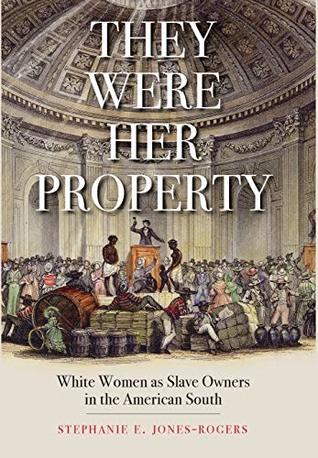It is crucial to recognize that, as human property that was exchanged, bought, sold, hired, and parceled out among white southerners, enslaved people were not simply objects of sale or potential liquidation; they took an active interest in the market processes to which they were subjected and acquired extensive financial knowledge as a consequence. The slave market in all its aspects was a pervasive feature of enslaved African Americans’ daily lives, and their direct and indirect encounters with three dimensions of the slave-market economy—slave auctions and sales, inheritance or debt
...more
Welcome back. Just a moment while we sign you in to your Goodreads account.


